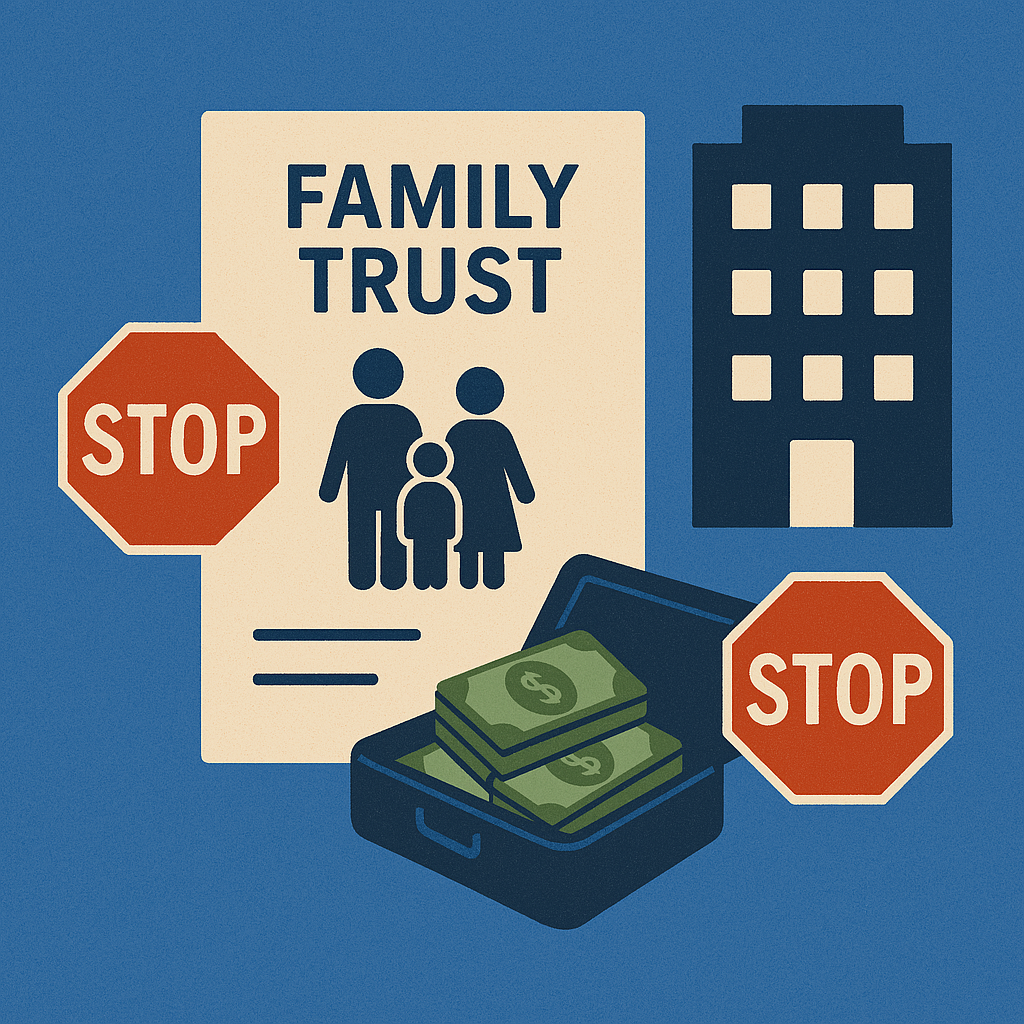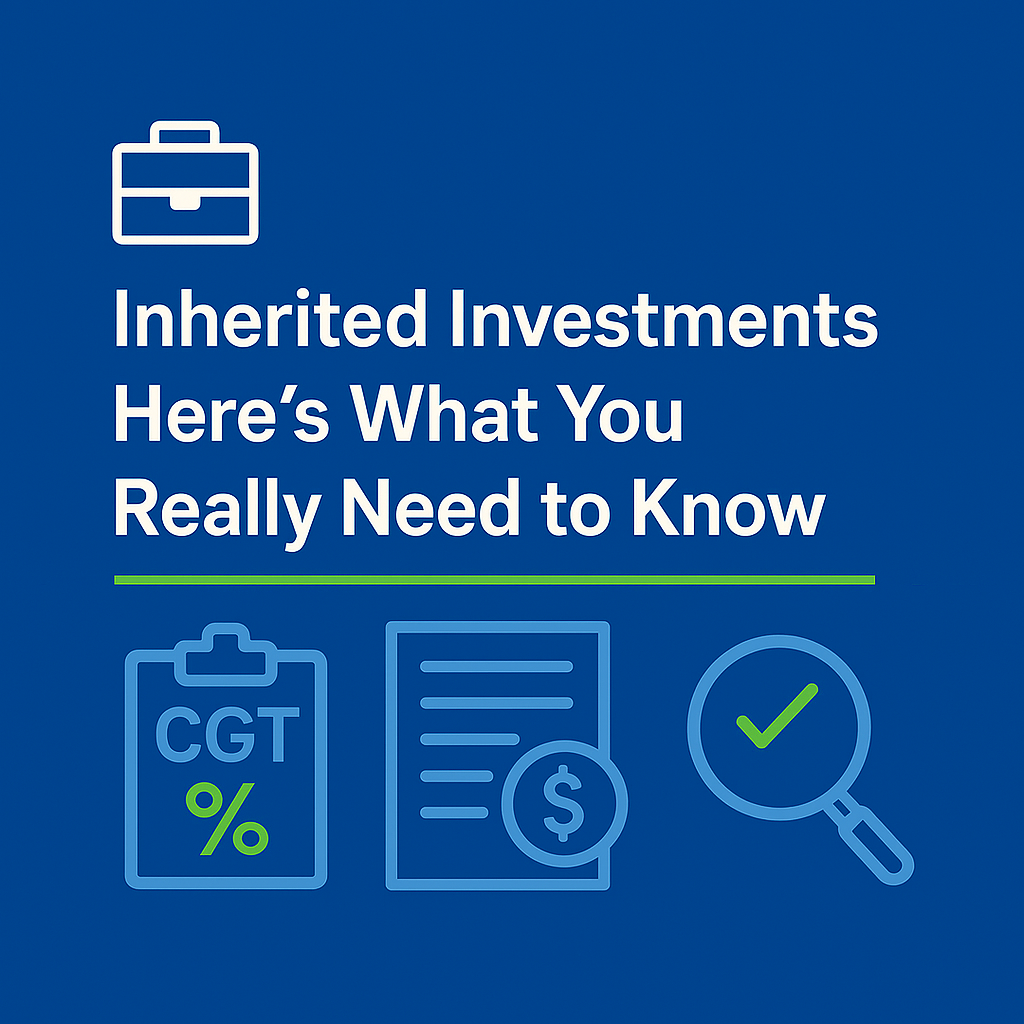Separation and divorce: CGT consequences and relief
With apparently at least one in three marriages ending in divorce – and with countless more defacto relationships breaking down – the capital gains tax (CGT) roll-over provisions for “marriage and relationship breakdowns” has assumed increasing relevance.
These rules provide for the “roll-over” of any capital gain on the transfer of assets between the separating parties so that there is not any immediate CGT liability in the circumstances.
However, they (like all CGT concessions) are subject to important conditions to be met and special rules that apply to certain categories of assets.
The first and foremost of these conditions is that the transfer of the asset must take place in accordance with one of the specific ways set out in the provisions – and these are essentially by way of a relevant court order or a defined financial or maintenance agreement.
And here’s the first big planning opportunity: if one of the parties wants to realise a capital loss on an asset that they propose to transfer to the other spouse, then don’t transfer it under any of the ways specified in the CGT rollover provisions – do it by way of a private agreement with the other party.
The second key rule is that the roll-over does not apply unless the asset is transferred to the other spouse. It cannot be transferred to the other spouse’s discretionary trust or private company. It cannot even be transferred to the estate of the other spouse if that spouse dies during the separation proceedings.
The only possible exception to this rule is if the asset is transferred to a “child maintenance trust” – and even then strict conditions would apply.
In addition, not all assets can get roll-over under these rules. For example, trading stock is excluded and would be subject to the normal rules that apply to the disposal of trading stock outside the ordinary course of business.
Of course, if the rollover applies it does not mean CGT is avoided; it just means that it is deferred until the spouse to whom the asset is transferred later sells the asset or it is subject to a CGT event in their hands.
However, in this case they would generally acquire the other party’s “cost base” for the purposes of calculating any capital gain or loss. And they would also generally be entitled to the CGT 50% discount if it was held for the required time.
Nevertheless, there is an important and tricky rule that applies where the asset that is transferred is a dwelling (eg, a rental property) which is used for another purpose in the hands of the other spouse (eg, their home).
In this case, the spouse who acquires the asset will be liable for CGT for the gain that accrued while it was a rental property – even though it became their home from the time they acquired it from the other spouse until they later sold it.
Suffice to say, this type of scenario requires some careful negotiations between the parties before such a transaction is undertaken to make sure everything is “fair” for all the parties.
There are also special rules that apply when, say, an asset that is held by a family company or trust is transferred out of that company or trust to the other party as part of a settlement agreement.
Again, these rules can be complex and require good advice to ensure that all the issues are managed effectively.
So, all in all, if you are facing any spousal separation issues come and speak to us first about the ins-and-outs of the rules that apply on any transfer of assets.
And perhaps some of the impact of divorce or separation can be alleviated by making sure that the CGT rollover is used most effectively – because like death, divorce affords certain tax planning opportunities.











